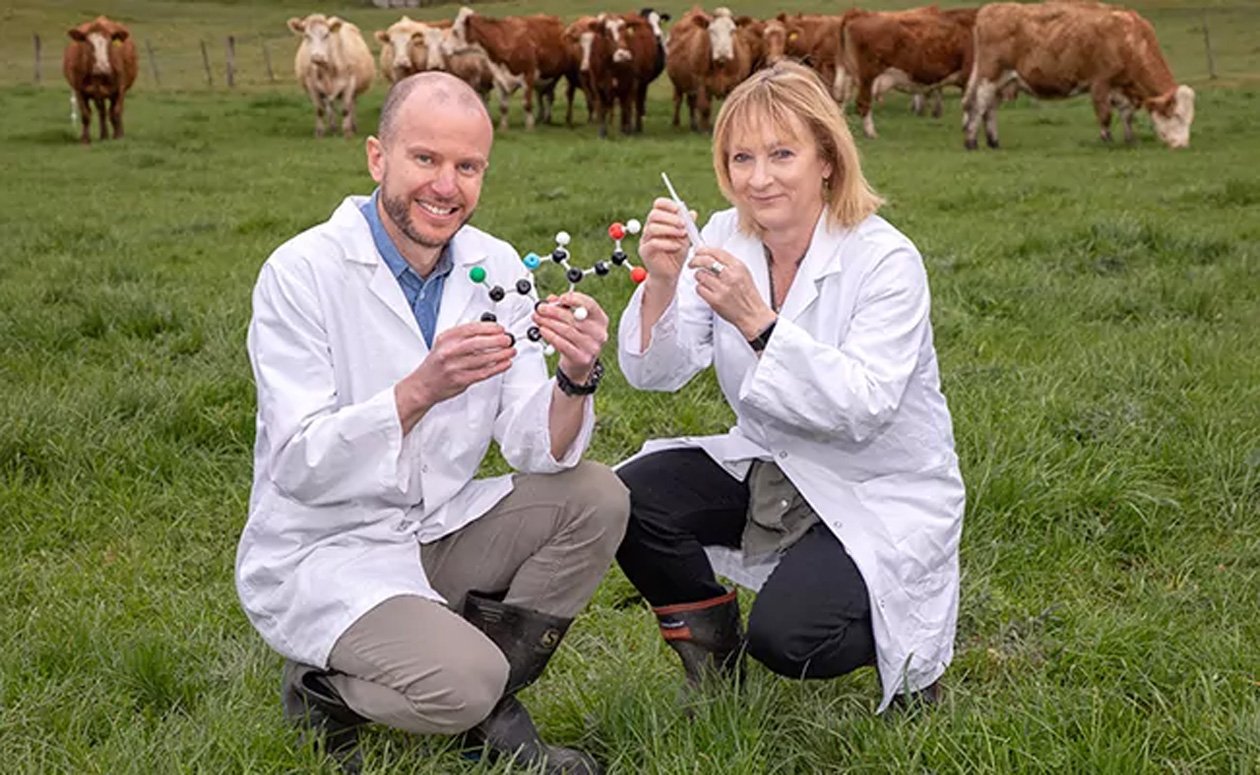
University of Otago researchers Prof Sarah Hook and Dr Allan Gamble are re-engineering antibiotics so they can only activate in selected diseased tissues in farm animals.
While antibiotic resistance was becoming increasingly problematic for treating human infection, her research was focused on livestock because the drug-resistant bacteria found in farm animals could be transferred to humans, Prof Hook said.
Both humans and animals have started to become immune to the effects of antibiotics because of overuse and misuse of the drug.
She said the issue stemmed from the fact that when one or more animals became sick, farmers sometimes dosed their whole herds with antibiotics to treat and stop the spread of disease, even though large numbers of stock were healthy and did not need it.
"We’ve got to think about ways of combating the problem, especially in New Zealand, because we’ve got such a reliance on primary industry."
Prof Hook said the aim was to create "triggerable responsive antibiotic pro-drugs", and it was hoped they would be a platform technology for sustainable agriculture.
"If the animal is healthy, the drug will just float round and do nothing.
"And because it’s inactive, it won’t push the development of antibiotic resistance.
"The pro-drugs will only activate in the presence of infection."
She said the research was important because the use of antibiotics in farming had been linked to both good and bad bacteria — including those that cause life-threatening infections in humans — becoming resistant to antibiotics.
Due to these concerns, regulations limiting agricultural use of antibiotics were being introduced.
"This will have impacts on the ongoing sustainability of farming in New Zealand.
"Our technology means farmers can continue giving antibiotics to animals, but active antibiotics will be concentrated in diseased tissue in sick animals, where it can effectively and safely treat the infection.
"Importantly, good bacteria in or on healthy or infected animals are not harmed and antibiotic resistance is less likely to develop.
"The amount of active antibiotic ending up on pastures and in waterways will also be reduced, as will impacts on environmental bacteria."
She said the MBIE-funded research was continuing to refine the technology and assess its effective use in common New Zealand farming infections, and work would be done with pharmaceutical companies to bring products to market.












